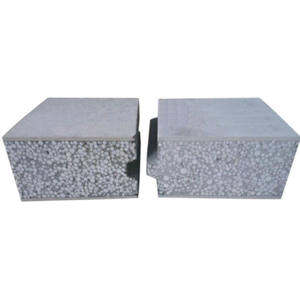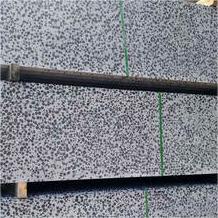Freeze frame technology is widely used in various industries including construction, food processing, and pharmaceuticals to ensure that materials maintain their integrity when subjected to freezing and thawing cycles. This process requires the use of admixtures which enhance the material’s resistance to these environmental changes. The key parameters of interest when evaluating admixtures for freeze-thaw resistance include durability, thermal stability, and mechanical strength.
(Freeze Frame: Admixtures for Freezing and Thawing Resistance)
Admixtures are chemical additives incorporated into the base material during the manufacturing process. They play a crucial role in improving the material’s performance under extreme conditions such as freezing and thawing. These admixtures can be broadly categorized into two types: those that increase the material’s resistance to water ingress and those that improve its thermal insulation properties.
One common type of admixture is superplasticizers, which improve workability and reduce water content in the mix, thereby enhancing its freeze-thaw resistance. Other types include air entraining agents that introduce microscopic air bubbles into the mixture, providing an insulating barrier against thermal shocks. Additionally, admixtures containing calcium chloride or salts can help lower the freezing point of water, preventing ice formation within the material and reducing damage caused by expansion.
Durability is another critical factor in assessing freeze-thaw resistance. Admixtures like corrosion inhibitors protect the material from degradation due to freeze-thaw cycles, which can lead to spalling or cracking. By minimizing this damage, the overall lifespan of the material is extended.
Thermal stability refers to the material’s ability to withstand temperature fluctuations without undergoing significant changes in structure or properties. Admixtures that enhance this stability are essential for maintaining the integrity of the material during freeze-thaw cycles. They help prevent phase transitions and minimize thermal expansion or contraction, which can cause stress and potential failure in the material.
Mechanical strength is also a vital parameter to consider. Admixtures that improve the compressive strength, tensile strength, or modulus of elasticity of the material under freeze-thaw conditions ensure that the structure remains intact and performs as intended. By reinforcing the material, these admixtures contribute to higher reliability and safety.
(Freeze Frame: Admixtures for Freezing and Thawing Resistance)
In conclusion, freeze frame technology relies on the strategic use of admixtures to achieve superior resistance against freezing and thawing. These admixtures are carefully selected based on their ability to enhance durability, thermal stability, and mechanical strength. By optimizing these properties, materials can withstand harsh environmental conditions, ensuring long-term functionality and safety in various applications.
Inquiry us
if you want to want to know more, please feel free to contact us. (nanotrun@yahoo.com)

